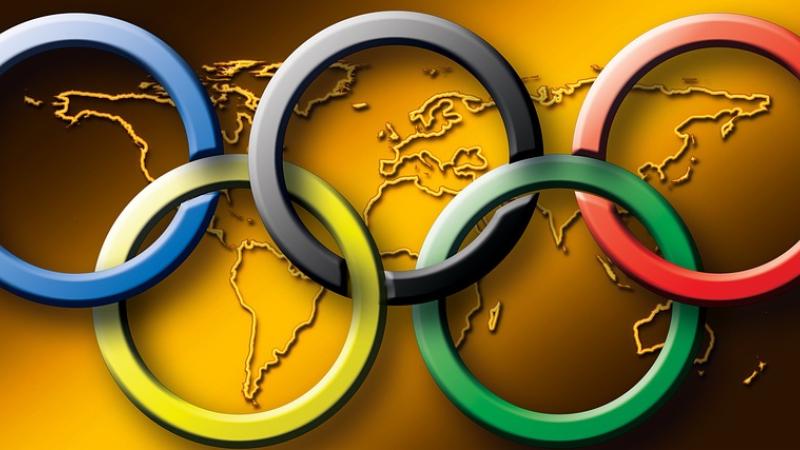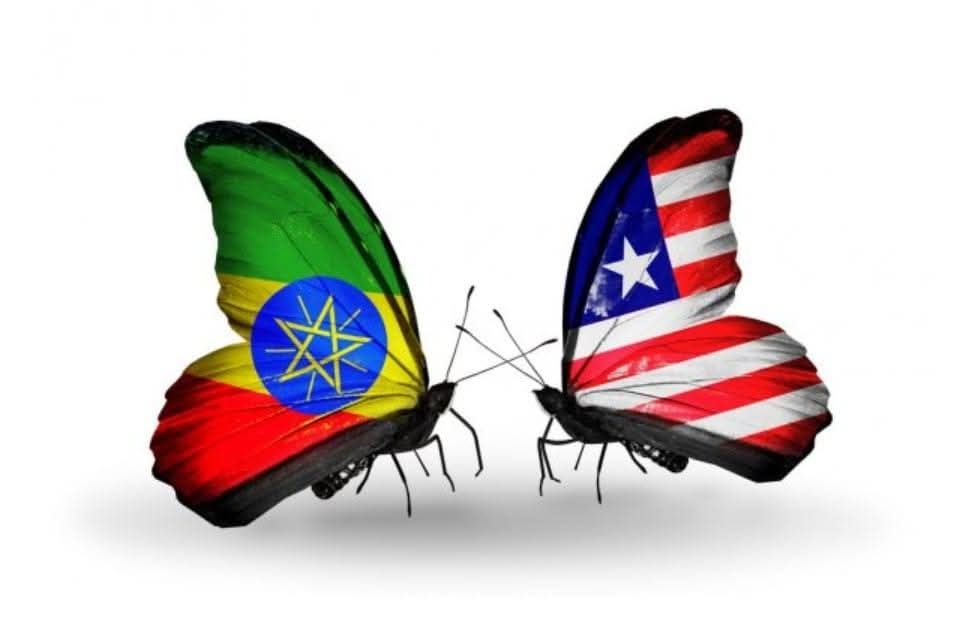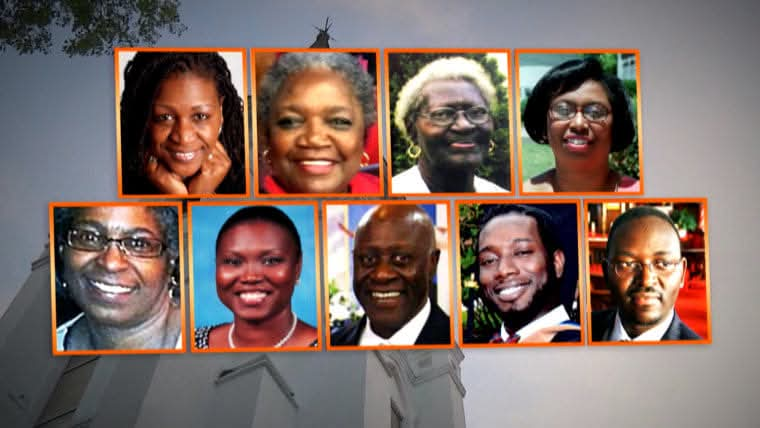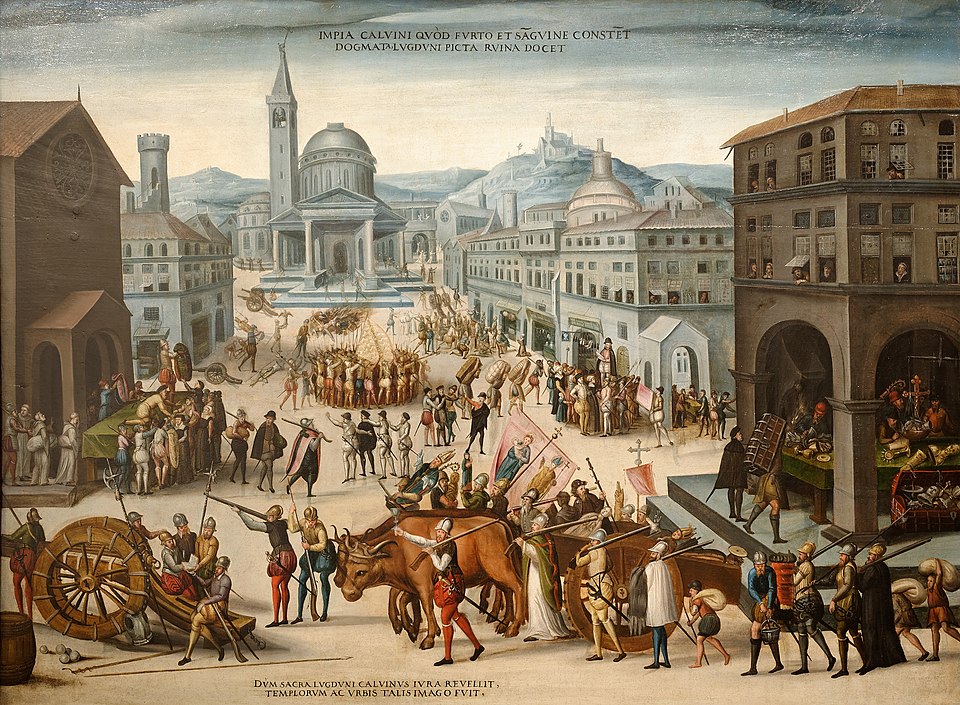A Brief into the Olympics and 5 Top African Medal Winners

Did you know that Abebe Bikila from Ethiopia is the first African to win an Olympics medal, and that Nigeria became the first-ever African team to win gold at the football event of the tournament?
The Olympic Games is a leading international sporting events that feature summer and winter sports competitions in which thousands of athletes from around the world participate in a variety of competitions. The Olympic Games are considered the world's foremost sports competition with more than 200 teams, representing sovereign states and territories, participating; by default the Games substitute for any World Championships the year in which they take place. The Olympic Games are normally held every four years, and since 1994, have alternated between the Summer and Winter Olympics every two years during the four-year period.
The Olympic was inspired by the ancient Olympic Games held in Olympia, Greece from the 8th century BC to the 4th century AD. Baron Pierre de Coubertin founded the International Olympic Committee (IOC) in 1894, leading to the first modern Games in Athens in 1896. The IOC is the governing body of the Olympic Movement with the Olympic Charter defining its structure and authority.
The evolution of the Olympic Movement during the 20th and 21st centuries has resulted in several changes to the Olympic Games. Some of these adjustments include the creation of the Winter Olympic Games for snow and ice sports, the Paralympic Games for athletes with disabilities, the Youth Olympic Games for athletes aged 14 to 18, the five Continental games (Pan American, African, Asian, European, and Pacific), and the World Games for sports that are not contested in the Olympic Games. The IOC also endorses the Deaflympics and the Special Olympics. The IOC has needed to adapt to a variety of economic, political, and technological advancements. The abuse of amateur rules by the Eastern Bloc nations prompted the IOC to shift away from pure amateurism, as envisioned by Coubertin, to the acceptance of professional athletes participating at the Games. The growing importance of mass media has created the issue of corporate sponsorship and general commercialisation of the Games. World wars led to the cancellation of the 1916, 1940, and 1944 Olympics; large-scale boycotts during the Cold War limited participation in the 1980 and 1984 Olympics; and the 2020 Olympics were postponed until 2021 as a result of the COVID-19 pandemic.
The Olympic Movement consists of international sports federations (IFs), National Olympic Committees (NOCs), and organising committees for each specific Olympic Games. As the decision-making body, the IOC is responsible for choosing the host city for each Games, and organises and funds the Games according to the Olympic Charter. The IOC also determines the Olympic programme, consisting of the sports to be contested at the Games. There are several Olympic rituals and symbols, such as the Olympic flag and torch, as well as the opening and closing ceremonies. Over 14,000 athletes competed at the 2020 Summer Olympics and 2022 Winter Olympics combined, in 40 different sports and 448 events. The first-, second-, and third-place finishers in each event receive Olympic medals: gold, silver, and bronze, respectively.
The Games have grown so much that nearly every nation is now represented; colonies and overseas territories are allowed to field their own teams. This growth has created numerous challenges and controversies, including boycotts, doping, bribery, and terrorism. Every two years, the Olympics and its media exposure provide athletes with the chance to attain national and sometimes international fame. The Games also provide an opportunity for the host city and country to showcase themselves to the world.
Here are some first five African winners of the modern Olympic medals in the 20th century:
1] ETHIOPIAN ABEBE BIKILA | Abebe’s race in the 1956 Rome Olympics is what established him as a legend bigger than life and a household name all over the globe. Not only he won the race, but also set a new world record at 2:16:2. He was also the first African to win an Olympics medal. Commenting on why he run on bare foot, Abebe said, "I wanted the world to know that my country Ethiopia has always won with determination and heroism."
2] EMMANUEL IFEAJUNA | The first time Emmanuel Ifeajuna appeared before a crowd of thousands he did something no black African had ever done. He won a gold medal at an international sporting event. He became a headline in the West African Pilot after his record-breaking victory in the high jump at the 1954 Empire and Commonwealth Games in Vancouver. He was the pride not just of Nigeria but of a whole continent. Ifeajuna brushed the bar at 6ft 7in but it stayed on; he then cleared 6ft 8in to set a Games and British Empire record, and to become the first man ever to jump 13.5in more than his own height. This first gold for black Africa was a world-class performance. Sadly, the next time Ifeajuna appeared before a crowd of thousands he was bare-chested and tied to a stake, facing execution before a seething mob. Ifeajuna and three fellow officers were accused by their own leader, General Emeka Ojukwu, of plotting against him and the breakaway Republic of Biafra. The day of their execution was 25 September, 1967, and the time 1.30pm.
3] THE 1996 OLYMPIC DREAM TEAM | In 1996, Nigeria became the first-ever African team to win gold at the football event of the Olympic Games. The magical skills of Jay Jay Okocha, the backflip of Celestine Babayaro and the sensational last-minute equalizer by Kanu Nwankwo against Brazil, the list goes on. A huge percentage of the squad members were part of the team that won the 1993 FIFA U17 World Cup in Japan, and they were already of age in 1996. The 1996 Olympic Games saw some remarkable upsets in world football as Nigeria defeated Brazil and Argentina on their path to glory.
4] CHIOMA AJUNWA-OPARA | Chioma Ajunwa-Opara, MON, OLY, is a Nigerian former track and field athlete and football player. Ajunwa performed as a track and field athlete and specialised in the 100m, 200m and long jump. She competed at the 1990 Commonwealth Games, winning a bronze medal in the 4 x 100 metres relay, and competed at the African Championships in 1989 and the All Africa Games in 1991 where she won gold medals in the long jump. She was banned from the sport for four years after failing a drug test in 1992 despite maintaining her innocence. Following the completion of her suspension, Ajunwa went on to become the first West-African woman, as well as the first Nigerian, to win an Olympic gold medal in a track and field event when she emerged victorious in the women's long jump event at the 1996 Summer Olympics in Atlanta, with a jump length of 7.12 meters (on her first attempt) during the final.
5] ADAM LAMHAMEDI | Canadian-born Adam Lamhamedi became the first African athlete in history to win a medal at a Winter Olympic event when he won the gold in the Alpine skiing men's Super-G. "We came from Africa, and we won in Alpine Skiing, so all is possible. I wanted to prove Moroccans can ski well, and I proved it today," Lamhamedi said. He also represented Morocco at Sochi 2014 and PyeongChang 2018 but could not replicate his success from the inaugural Winter Youth Olympics.
Sources: Sports Brief, The Guardian, Olympics, Ethiopia, Wikipedia
#penglobalfactfile



